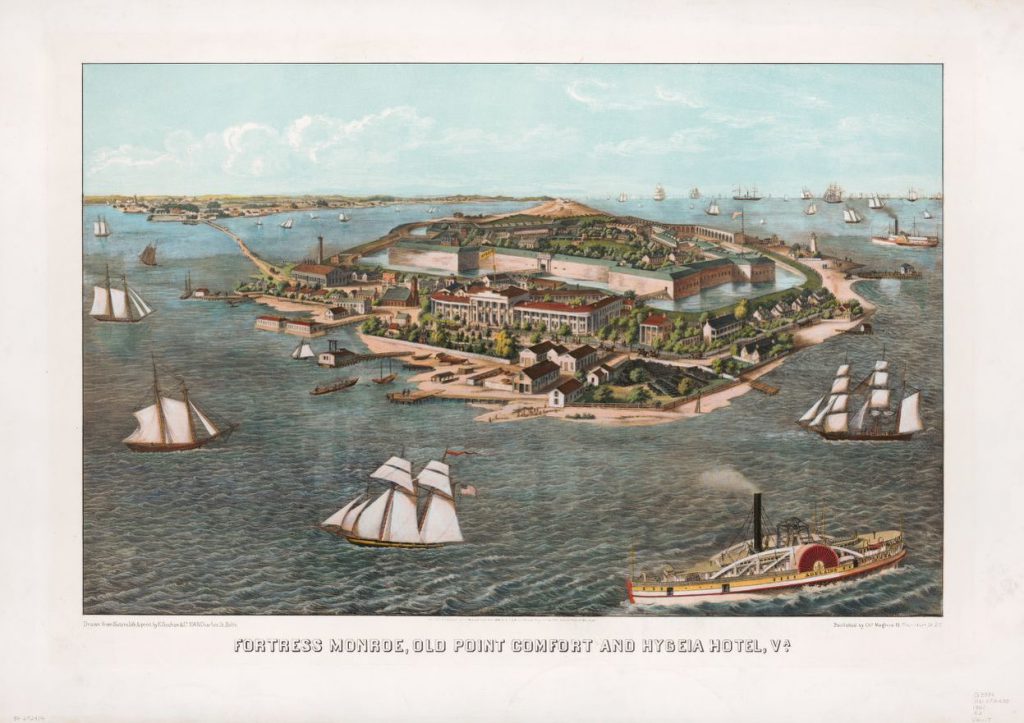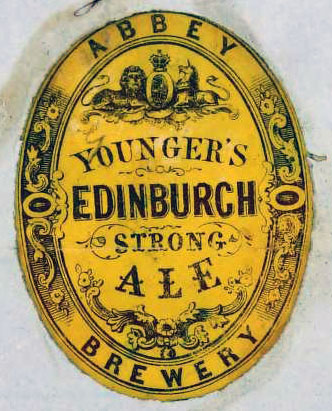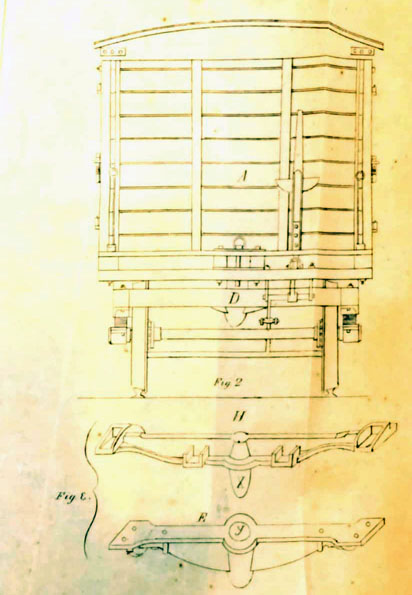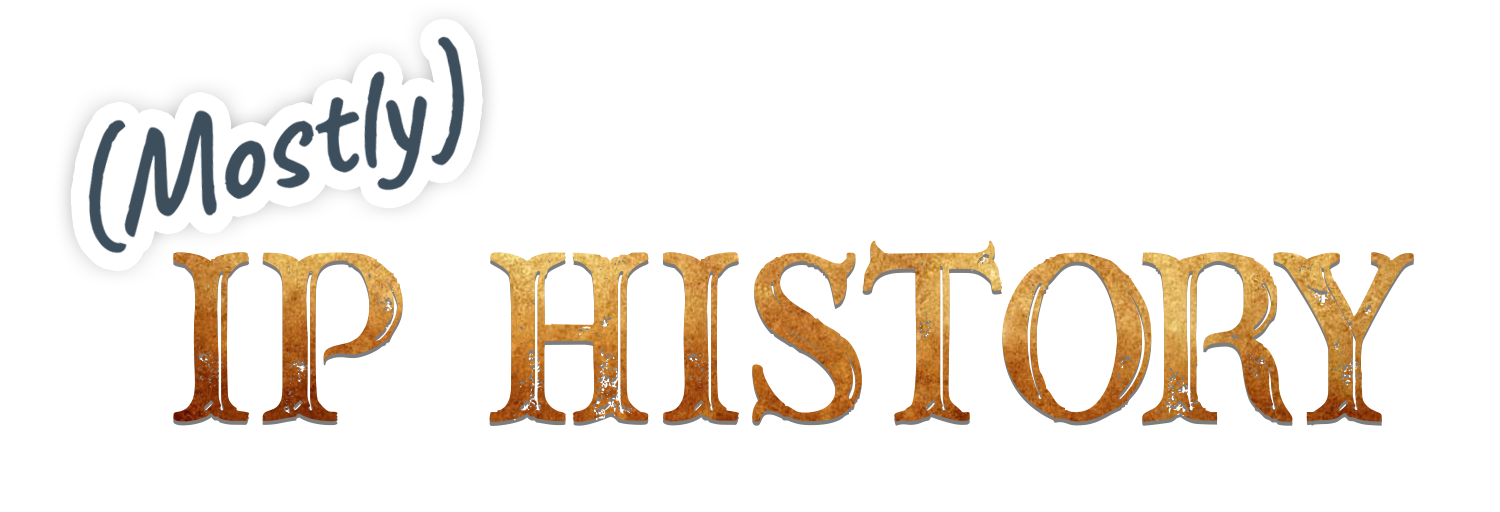More Case Files From New England!
All, it’s been a while since I’ve posted, yet again, but I got some exciting news from a project that’s been ongoing for a few years with the National Archives for New England at Waltham, the Boston Public Library, and the Digital Commonwealth project – which I’ve been lucky enough to provide some guidance on. More case files of 19th century IP cases have been scanned and made available to the public, and here they are! Earlier entries in this series of scanned case files from New England are here.
United States v. Melvin Lord. Very early criminal copyright case, but not about infringement. Rather, Lord was accused of putting a false copyright notice into the 1832 edition of the “Old Farmer’s Almanac,” published by Richardson, Lord, & Holbrook. The U.S. Attorney for the District of Massachusetts thus filed a criminal information against Lord, demanding a fine of $100. Apparently the Farmer’s Almanac had changed its name to the Old Farmer’s Almanac in 1832, and switched back in 1836. It’s unclear if no registration was ever filed or if it was just filed under the old name.
United States v. William Hyde. Similar case commenced on the same day in December 1832, where Hyde was criminally charged with putting a false copyright notice in “A Memoir of Felix Neff Pastor of the High Alps.”
United States v. Richard Carter. Another case, commenced the same day, and on the same grounds, regarding the Farmer’s Own Book for 1832. This case shows how all these cases ended – the three men appealed to President Jackson, who stated that they had not acted to intentionally violate the law, relieved them of any fees, instead only requiring them to pay the U.S. Attorney his costs. Note that this is at the National Archives website and not Internet Archive – because it has a Presidential signature it had to stay on-premises.
Dion Boucicault v. Moses Kimball. Boucicault, a famous dramatist, sued Kimball for illicit production of his play “Vanity Fair.” Boucicault registered the copyright of the play in 1860, but I was unable to find a copy. Boucicault was a frequent and famous copyright litigant of the era, and Kimball is famous for the case of Keene v. Kimball, which held that once a play was published without statutory copyright no common-law rights remained and it could be performed by anyone.
Dion Boucicault v. F.A. Munroe et al. Munroe et al were accused of illicitly performing Grimaldi; or, The life of an actress a drama, in five acts by Dion Boucicault. One of the very first cases to test the 1856 copyright act making unlicensed public performance an infringement.
Thomas Roberts v. George Roberts et al. Early (1845) federal trademark case over infringement of marks and advertising material in “Parr’s Life Pills.” There’s mention of printing plates and such as well, which sounds more like copyright, but no copyright is alleged.
Charles Magnus v. Louis Prang. Infringement action in the below lithograph. Temporary injunction issued. Action was brought in 1861, but lithographs were not technically added to the copyright statute until 1870.

Richard Imlay v. Norwich & Worcester Railroad Co. Case about patent in supporting 8-wheel railroad cars; the only item in the file is the handwritten draft of a published opinion on how to handle the expiration of the patent after the filing of the case.
Charles Little et al. v. Benjamin B. Mussey. Lawsuit by Charles Little (of what would become Little, Brown) alleging that Mussey had committed copyright infringement by reprinting cases from the official reports of the Supreme Judicial Court of Massachusetts, Mussey was a local bookseller in Boston, but the publisher was T. and J.W. Johnson of Philadelphia, who published Select decisions of American courts, in several departments of law; with especial reference to mercantile law. With notes, by J.I. Clark Hare and H.B. Wallace. Perhaps unsurprisingly by standards of modern law the case was dismissed, but the question was less clear at the time the case was brought in 1848. I’ve written more about the issue of copyright in legal materials here.
David Banks v. Charles P. Little. A somewhat similar case, but with Little as defendant in a case about reports of the Supreme Court of Connecticut. Little was accused of including reported opinions from that court in Cases relating to the law of railways, decided in the Supreme Court of the United States, and in the courts of the several States, with notes by Chauncey Smith and Samuel W. Bates. The case was dismissed by agreement of the parties.
William Younger et al. v. Robert Laird. Trademark case from the early 1850s where the Scottish owners of Abbey Brewery and their American agents sued Robert Laird for trademark infringement (mark below) for straightforward passing off. Injunction issued.

Ross Winans v. The Eastern Railroad Company. Ross Winans received a patent for railroad cars, and proceeded to go on a lengthy campaign of litigation, ending up before the U.S. Supreme Court in his case against the NY & Erie Railroad. Unlike the others, which are handwritten and loose, these are the bound volumes of evidence for Winans and the Railroad, comprising about 1500 pages of discovery from litigation in the 1850s.

Atlantic Monthly Co. v. Post Publishing. Copyright infringement Action brought by the Atlantic Monthly magazine against the Boston Post for infringement in publishing Alfred E. Smith’s Catholic and Patriot illicitly. The magazine had the right of first publication but the Post bribed a security guard to get early access. Somewhat confusingly, the court would hold that the copyright in the article had been abandoned, but costs and profits were still recoverable.





